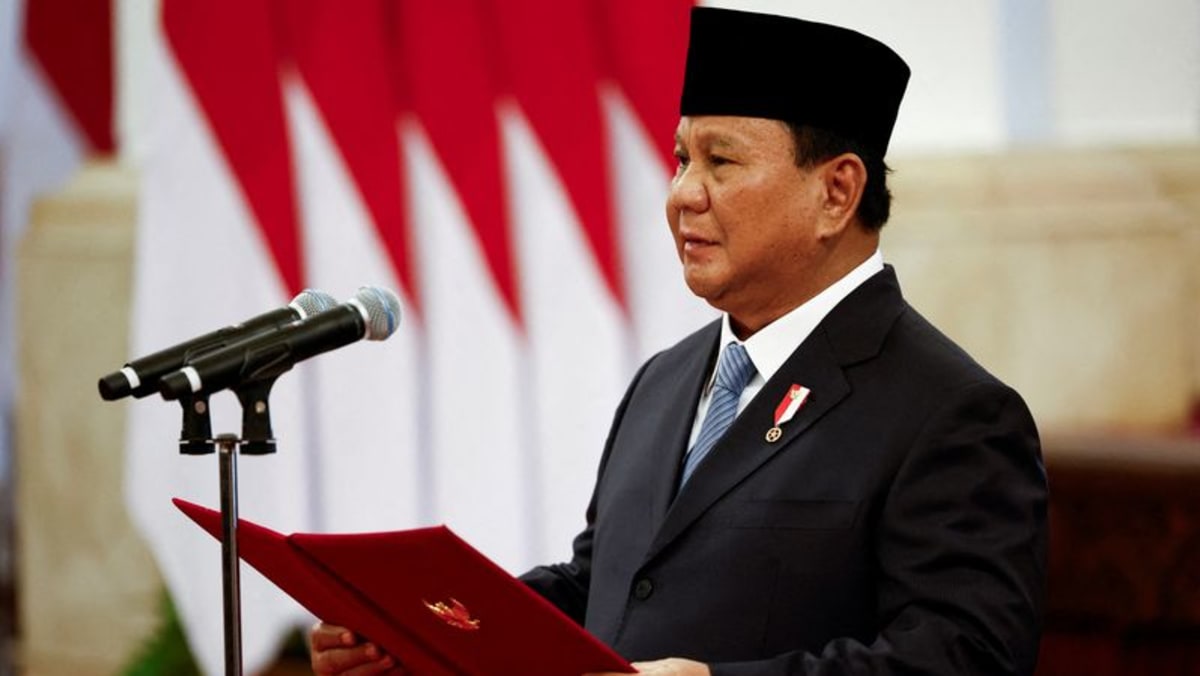Prabowo’s finance minister, Sri Mulyani Indrawati, had been talking up the plan for months. After serving in former president Joko “Jokowi” Widodo’s cabinet, she stayed on as a signal of continuity to the business community. The VAT increase would have been such a continuity, as laid out by a 2021 regulation.
Prabowo gave ground to critics, abandoning an overall increase in the VAT and instead focusing strictly on luxury goods. Sri Mulyani and Coordinating Minister for Economic Affairs Airlangga Hartarto, similarly a transfer from the Jokowi cabinet, pivoted and pushed the plan as a progressive tax – richer Indonesians would be affected, and they’ll fund the lunches.
PRABOWO’S NEXT 100 DAYS
It’s an interesting contrast to the former president’s own experiences with early unpopular economic measures.
Just months after his 2014 inauguration, Jokowi cut the fuel subsidy. It was a move that predated him and was introduced during the Susilo Bambang Yudhoyono era, but Jokowi wore it easily despite low-level protests and annual inflation higher than currently.
Prabowo’s first 100 days could be less consequential than his next. Last month, he suggested abolishing regional direct elections and instead implementing a system in which these roles are appointed by local legislatures.
The suggestion ignited fears among democracy defenders and rights watchers that here is the beginning of Prabowo’s strongman ambitions. Prabowo-aligned parties have already confirmed they would at least “consider” the plan. It would require a revision of the elections law – a law already slated to go up for deliberations this year.
Erin Cook is a journalist covering Southeast Asia politics and curates the weekly Dari Mulut ke Mulut newsletter. This commentary first appeared on the Lowy Institute’s blog, Interpreter.
